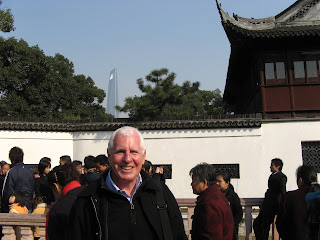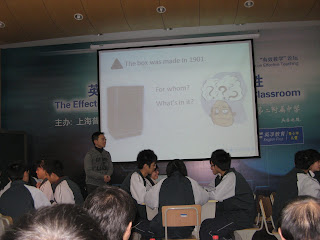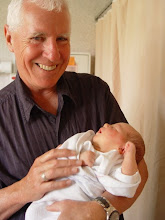Bay News October 15 2008.
Teaching 21st century Skills –What does it look like in practice?
Call it a quiet revolution. As teachers continue to lift the academic performance of their students at all levels, they are also finding common ground in a movement to bring “21st century skills” to the classroom, supported by a New National Curriculum and a movement to more effective testing systems.
What are 21st century skills, who’s pushing them and what does 21st century teaching look like in practice?
Although definitions vary, most lists of 21st century skills include the need to make the best use of rapidly changing technologies; the so-called ‘soft skills’ that computers can’t provide, like creativity; and those vital to working and living in an increasingly complex, rapidly changing global society.
The new New Zealand Curriculum refers to the five key competencies of: thinking; using language, symbols and text; managing self; relating to others and participating and contributing.
Some of these skills have always been important but are now taking on another meaning – like collaboration. Now you have to be able to collaborate across the globe with someone you might never meet. Some are unique to the 21st century. It’s only relatively recently, for example, that you could get two million hits on an [Internet] search and filter down to five that you want.
While educators in the past have often been wary of education reforms spearheaded by big business, the outsourcing of menial jobs and the need for workers to communicate in a global economy have brought about an unprecedented convergent of interests. When hiring new employees, business leaders are looking for the same high-order thinking skills as those considered necessary for university study. The traditional curriculum is information-based and the emphasis is to acquire information first and foremost, and secondarily acquire skills. It is back to front.
Teaching 21st century skills does not necessarily mean using a lot of technology; it is simply a matter of approaching an assignment differently to allow students to demonstrate skills like teamwork, collaboration and self-directed learning. Equally important, teachers have to be able to coach students on how to advance to the next level of particular skill. Students have to be taught how to be critical thinkers, to be flexible and to be able to think about their learning.
Everyday, our students open up the Internet and devour huge chunks of unsolicited information. The Internet is the most powerful, convenient, and potentially manipulative medium ever invented. It can give you any version of the truth you are looking for. The ability to think critically about Web information is an essential skill for students, and this means we must teach students to understand how search engines work and how information is controlled. Most importantly, it is again about teaching students to be critical thinkers and being able to evaluate information against an ethical base or set of values that are important to them.
Having designed a new curriculum, it must be accompanied with new assessment methods that assess critical thinking or problem solving skills. Unless the assessments adopt a better way of measuring 21st century skills, it will be difficult to bring about a shift in classroom priorities.
The change to teaching 21st century skills injects new life and meaning into a student’s learning. On being more actively engaged in their learning and in understanding the relevance of what they are doing, stops students from being bored and encourages them to engage more willingly in their learning.
 Colonial architecture
Colonial architecture Old China town section of Shanghai
Old China town section of Shanghai

 Telecommunication Tower-Shanghai
Telecommunication Tower-Shanghai
 YC Chong
YC Chong View from Hyatt Hotel
View from Hyatt Hotel
 Shanghai City
Shanghai City













































